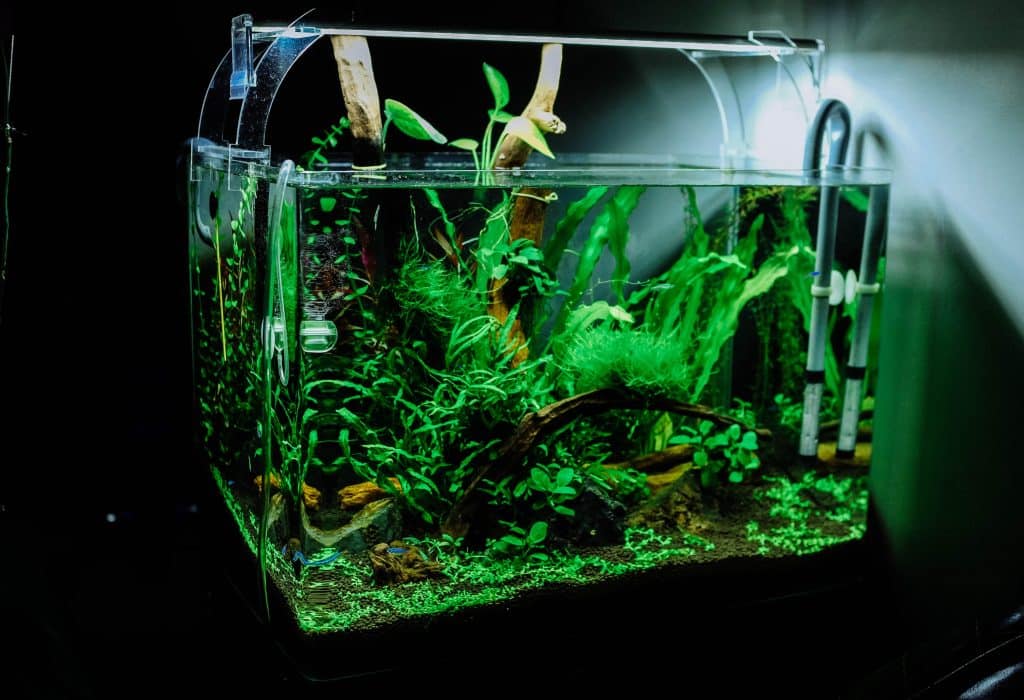Maintaining the best water quality is crucial for the health and well-being of aquarium fish and other aquatic organisms. Here are some key tips to help you maintain optimal water quality:

- Regular Water Testing:
- Monitor water parameters such as pH, ammonia, nitrite, nitrate, and temperature regularly. Test kits are available for these parameters, and you should follow the recommended testing frequency.
- Water Changes:
- Perform regular partial water changes to remove accumulated pollutants and replenish essential minerals. The frequency and amount of water changes depending on the size of the aquarium, the number of inhabitants, and the water parameters.
- Proper Filtration:
- Choose a reliable and appropriately sized aquarium filter. Mechanical, chemical, and biological filtration are essential components for removing debris and harmful substances from the water.
- Maintain Adequate Oxygen Levels:
- Ensure proper aeration and oxygenation. Adequate oxygen levels are essential for the well-being of fish and other aquatic organisms. Use air stones, powerheads, or surface agitation to promote gas exchange.
- Temperature Control:
- Keep the water temperature within the appropriate range for your specific fish species. Use a reliable aquarium heater and monitor the temperature regularly.
- Avoid Overfeeding:
- Overfeeding leads to excess waste and uneaten food, contributing to poor water quality. Feed your fish an amount they can consume within a few minutes and remove any uneaten food.
- Use High-Quality Fish Food:
- Choose a balanced and high-quality fish food that meets the nutritional needs of your specific fish species. Poor-quality food can contribute to water quality issues.
- Quarantine New Additions:
- Quarantine new fish and plants before introducing them to the main aquarium. This helps prevent the spread of diseases and parasites, maintaining a healthier environment.
- Avoid Overcrowding:
- Do not overcrowd your aquarium. Too many fish in a confined space can lead to increased waste production and stress, negatively impacting water quality.
- Regular Aquarium Maintenance:
- Clean the aquarium substrate, decorations, and filter media regularly. Remove debris and perform maintenance tasks to prevent the buildup of detritus and waste.
- Use Dechlorinated Water:
- When performing water changes, always use dechlorinated water to remove harmful chlorine or chloramines. Tap water conditioner can be used to make tap water safe for aquarium use.
By following these guidelines and staying proactive in your aquarium maintenance routine, you can create and maintain a healthy and stable aquatic environment for your fish and other inhabitants.
Leave a Reply